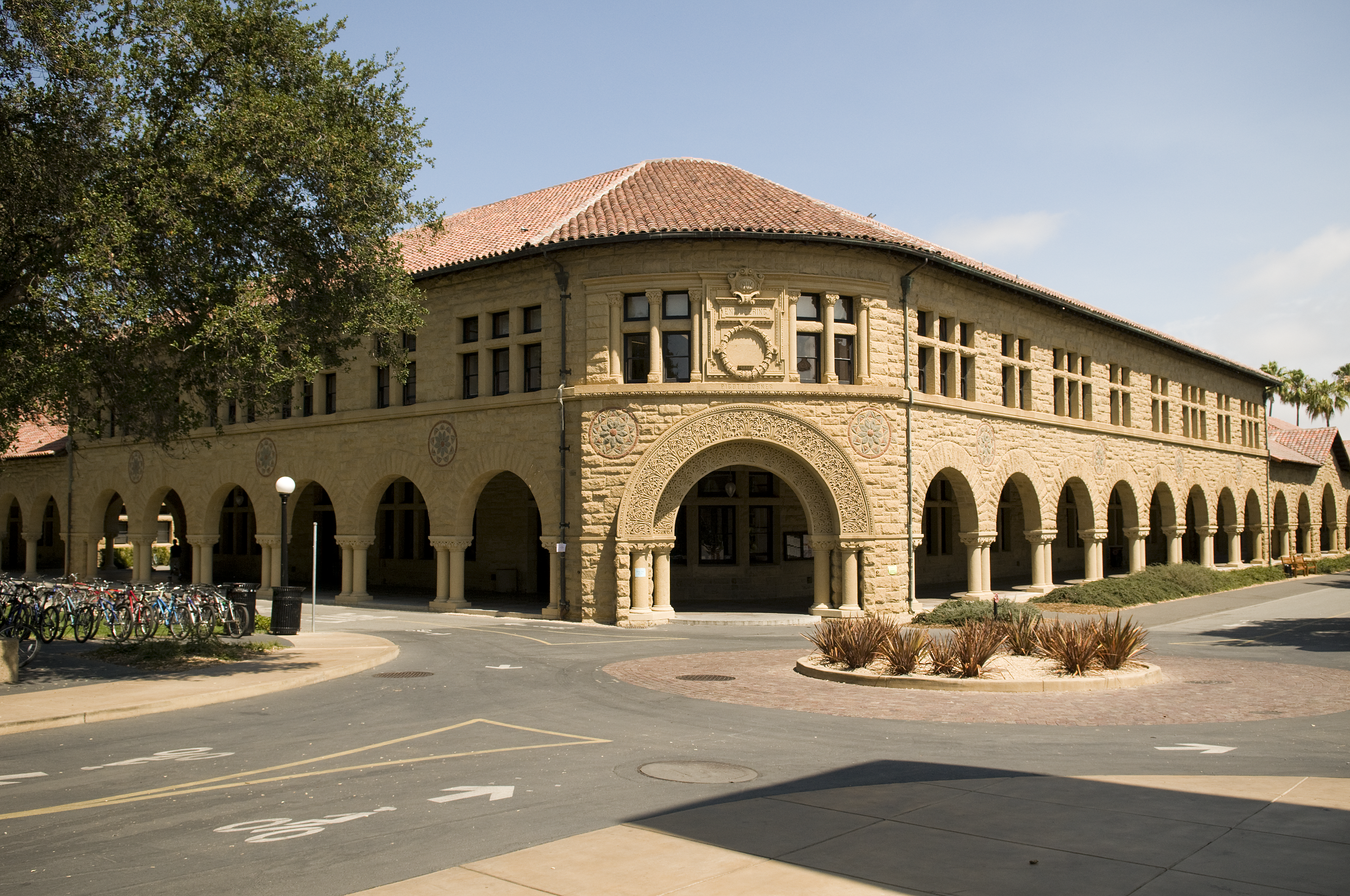Since the Israel-Gaza war began last October, professors teaching courses related to the Middle East region have faced unique challenges in addressing the ongoing, charged conflict. A year later, several professors said they have changed how they teach and what they teach about.
“Everything changed” after the Oct. 7 Hamas attack on Israel, said Ori Rabinowitz, a visiting associate professor at Stanford’s Center for International Security and Cooperation from Hebrew University in Israel. This quarter, she is teaching POLISCI 115B: “Israel, the Middle East and Nuclear Weapons” for the third consecutive year.
“In my darkest nightmares, I didn’t think that I would have to include material on an attack like the one that unfolded on October 7,” she said. “This isn’t something you anticipate teaching, and no one tells you how to teach it. And I don’t wish on anyone having to teach that.”
For Rabinowitz, teaching about the conflict can be emotional, despite attempts to distance her own emotions and personal ties. During the lecture on the anniversary of Oct. 7, she said she eventually broke down crying in class, citing it as the most difficult lecture she has ever given.
“I had to excuse myself,” she said. “I washed my face. I came back, and I told [students], I’m here to teach you using my academic hat. I’m not here to share my feelings, necessarily, because I’m a professor.”
Rabinowitz set aside much of the original syllabus last autumn to cover the breaking war as it unfolded but this year, she officially modified the syllabus to include the war. She dedicated the lecture on Oct. 7 to analyzing the attack from an academic perspective, including examining Israel’s intelligence failure and the mass radicalization of Hamas. The final assignment is a wargame simulation of the Israel-Gaza war. While the list of characters to roleplay did not include Hamas nor Hezbollah last year, both are now included as options.
“If a student tells me that they don’t feel comfortable playing Hamas or Hezbollah, I told them I respect it, but I think that the students [do] see the benefits from an academic perspective,” Rabinowitz said. “I don’t think anyone doesn’t have the emotional capacity to deal with the wargame simulation.”
This year, the history department requested former Stanford history Professor Joel Beinin to return from his retirement and resume teaching HISTORY 88: “Palestine, Zionism, Israel: 150 Years of Conflict” in the fall, a course he previously taught from 1983 to 2018. To accommodate for larger enrollment, it is now taught as a lecture rather than the former colloquium format.
“We can’t teach [about Israel and Palestine] as though nothing is happening there right now,” Beinin said. “It’s a big issue.”
Beinin will also teach a lecture titled “Understanding October 7, 2023 and Israel’s War on the Gaza Strip” in the speaker series course HISTORY 1: “The History of 2024.”
Beinin said he was excited to return to teaching the course because of its modern-day relevance. He modified the syllabus to include one week devoted to covering the Gaza Strip and a final essay about Gaza.
Still, Beinin said his course hasn’t changed significantly, as the tensions in the region have always been a relevant and sensitive issue.
“Yes, there is this very big current crisis around this issue now,” he said. “But Israel-Palestine has always been a crisis [sometimes] bigger, [sometimes] littler, depending on what was happening. And no, none of that ever influenced how I taught the class.”
Vered Shemtov, a lecturer in Hebrew language and literature who has been teaching COMPLIT 145: “Reflection on the Other: The Jew and the Arab in Literature” for over 20 years, says her course has constantly been evolving along with the conflict.
“This year, the profound sadness and tragedy on all sides have made dialogue even more difficult,” she said.
Because of the conflict, Shemtov’s course puts a heavier focus on Hebrew literature and incorporates literature written since the war. She also said that this year, she has noticed a more cautious student attitude towards the conflict.
“It’s too early to say for certain, but my sense so far is that students are more cautious, feeling that more is at stake,” she said.
Rabanowitz said she urges students to set aside emotions and blame, and have empathy for the people affected by the conflict. Many Jewish students, Rabinowitz said, told her the class is the one place they feel safe on campus.
Aston Davies ’28, who is enrolled in Rabinowitz’s class, said the course has been very helpful for him to understand some of the complexities of national security in the Middle East. He noted that while a disadvantage to taking the course as the events are unfolding was not having answers to every question, the class has helped him take a more solid stance on the matter.
“This class has definitely allowed me to at least start the formation of an opinion,” Davies said.
Amid the conflict in Gaza, Shemtov said it is important to continue teaching the history and literature of the region.
“One of the most painful aspects of this conflict is the dehumanization on all sides,” she said. “Literature can potentially serve as a reminder of the humanity of others.”
